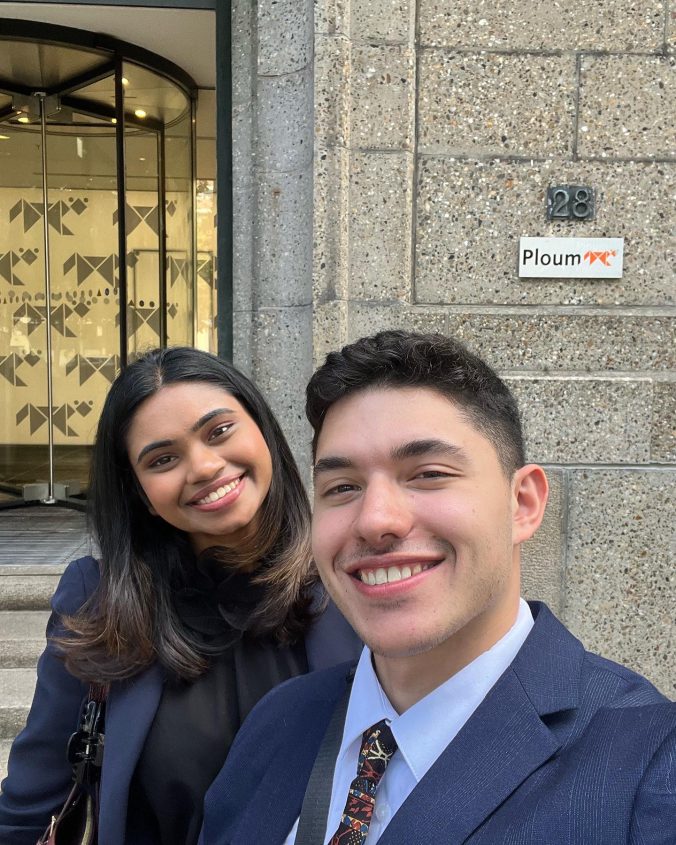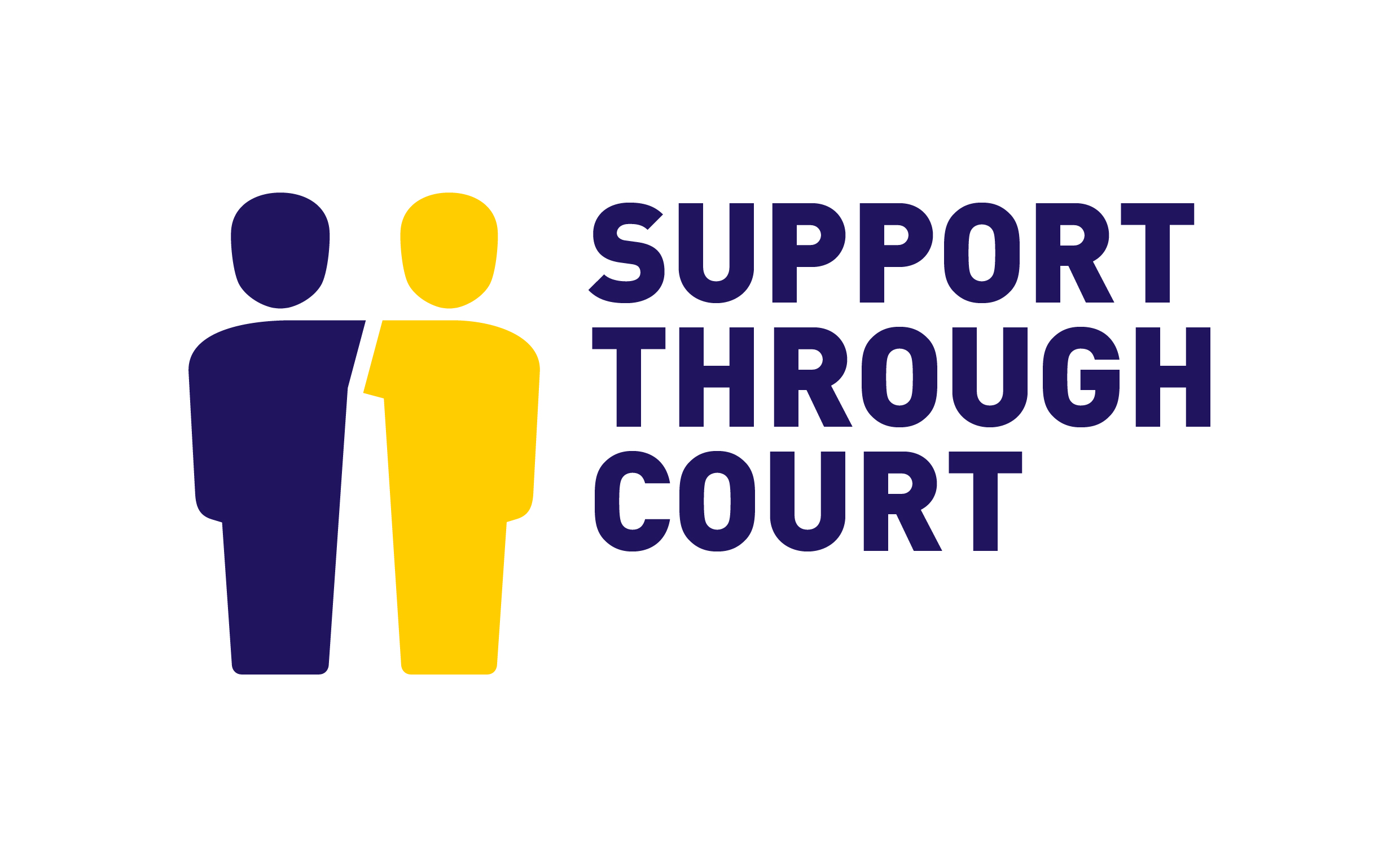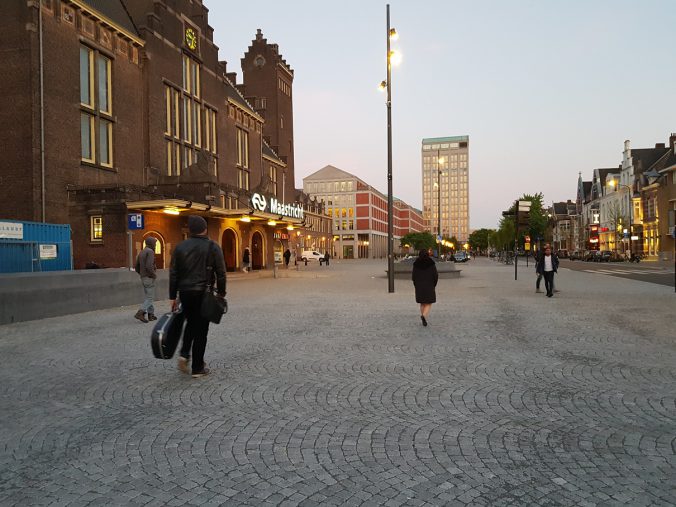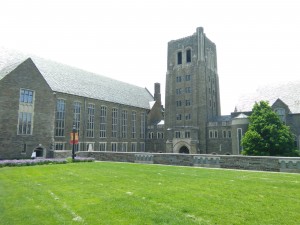Siri and Nizar are both final-year Politics, Philosophy and Law students at KCL. We’re thrilled to hear them share their incredible experience and success after placing second and third respectively at the FBE Oratory Competition held in Rotterdam. Representing the King’s Legal Clinic and the Westminster & Holborn Law Society, they had the honour of competing amongst 20 aspiring and most, already practising, lawyers and barristers from countries across Europe.
Can you tell us a little about the competition and your involvement in it?
“The FBE (Fédération des Barreaux d’Europe) Oratory Competition is a platform where young legal minds from across Europe showcase their advocacy skills. This year’s competition was focused on the theme of ‘The State of Women’s Rights in the World’. This competition was an incredible opportunity for us to put our legal knowledge, advocacy and persuasive abilities to the test. We delivered speeches that we had worked tirelessly on, addressing complex legal issues with passion and precision. On the one hand, Siri delivered a powerful and emotional speech on domestic violence and the upcoming dangers posed by Climate Change for the state of women’s rights. On the other hand, Nizar presented a more poised speech offering a new legal basis for the protection of women’s rights, Gender Equality instead of the Right to Privacy, in order to protect them better and more ethically.
The competition was not just about winning; it was an amazing chance to meet other legal enthusiasts from all over Europe. We engaged in discussions, debates, and formed connections with lawyers, professionals, and students. The international exchange of ideas broadened our perspectives and deepened our understanding of the diverse legal landscapes across the continent.”
What is Rotterdam like, outside of the competition?
“Beyond the competition and the world of law, we had a blast exploring Rotterdam. This city is a unique blend of modern architecture and rich history. We visited iconic landmarks and took in the vibrant culture. And of course, we couldn’t resist indulging in the delightful Dutch street food and pastries – the local food was nothing short of amazing.
Our victory at the FBE Oratory Competition was not just a testament to our dedication and hard work, but also a reflection of the excellent guidance and support we received from King’s Legal Clinic and the University in general. We’re incredibly grateful for the opportunities and mentorship that paved the way for our success. A special thanks also to Professor Sara Chandler KC (Hon) from the Westminster & Holborn Law Society who accompanied us and made this possible.”
What do you hope to do in the future, and was been part of the Clinic motivated you in relation to future career aspirations?
“Winning this competition has left us feeling inspired and motivated to continue our journey in the field of human rights law. Our experiences in Rotterdam have been unforgettable, and we are excited about the future, knowing that we carry the King’s Legal Clinic’s values and spirit with us as we move forward.
We want to extend our heartfelt gratitude to everyone who we met during the competition. Arguing for the defence of women’s rights globally would not have been as empowering and memorable without all of them. Success is not just our own but a shared achievement – this is why we are very happy that we were able to share between the two of us this achievement. We’re excited to see where this journey takes us next.”

 The main reason I chose Legal Clinic as a law module in my final year is because I really wanted to see law in action. With all my other law modules, my understanding of the law had been from reading about it in textbooks, rather than seeing it applied in practice. I always wanted to go into Law as a career, but I had never experienced what this would involve. Legal Clinic therefore offered something completely different to what I had been used to in my degree. One of the best things for me was there was a huge variety of the types of cases available to work on.
The main reason I chose Legal Clinic as a law module in my final year is because I really wanted to see law in action. With all my other law modules, my understanding of the law had been from reading about it in textbooks, rather than seeing it applied in practice. I always wanted to go into Law as a career, but I had never experienced what this would involve. Legal Clinic therefore offered something completely different to what I had been used to in my degree. One of the best things for me was there was a huge variety of the types of cases available to work on.



Recent Comments